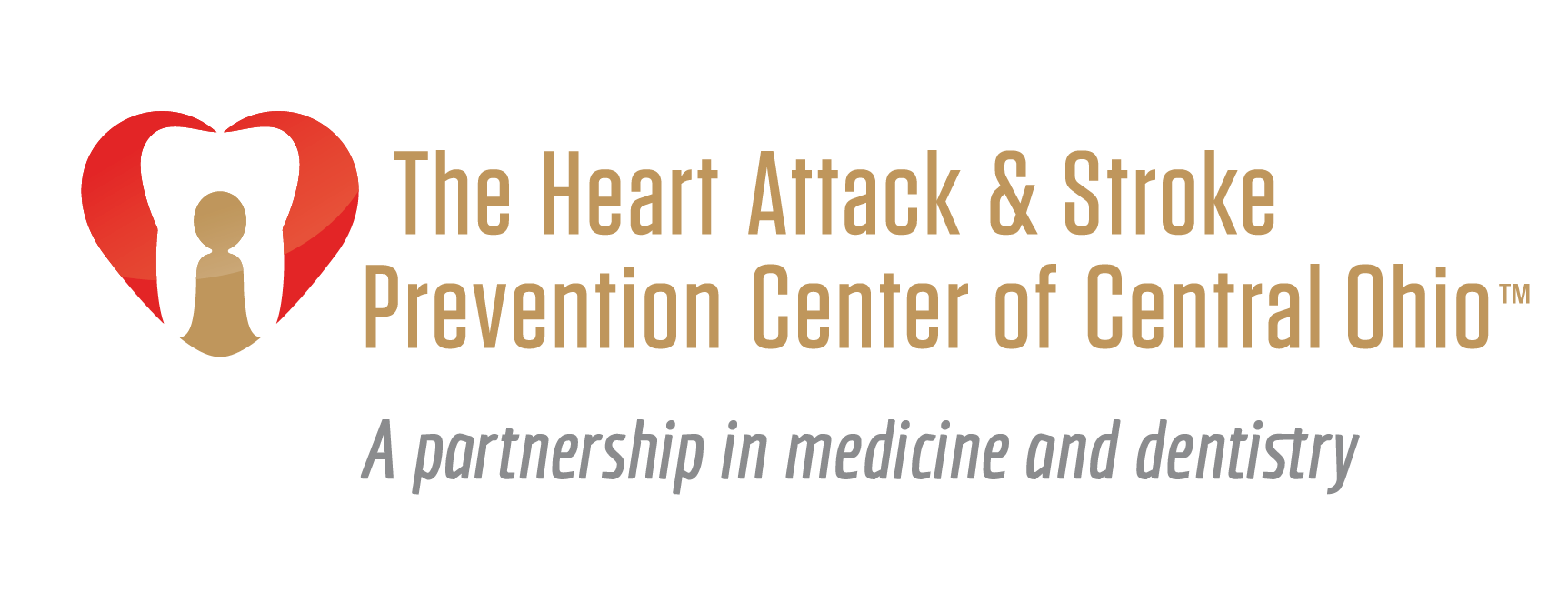Understanding Sleep Apnea: A Silent Threat to Heart and Brain Healt
- Eric Goulder, MD, FACC

- Sep 7, 2023
- 3 min read
Do you or your partner snore? Sleep apnea, particularly Obstructive Sleep Apnea (OSA), is more than just a hindrance to a good night's sleep. This common but often overlooked condition can have serious consequences on both heart and brain health. With more than 25 million adults in the United States believed to have moderate to severe sleep apnea, we are committed to raising awareness about this condition and being your guide to healthier and happier sleep. Obstructive sleep apnea is a huge root cause contributing to higher incidence of heart attacks, strokes, and dementia.
Dr. Eric Goulder and the entire clinical team at the Heart Attack and Stroke Prevention Center of Central Ohio are now specialized in airway-focused treatment protocols with Vivos, ensuring that you receive expert care for airway health. To learn more about the Vivos Method, click here.
What is Obstructive Sleep Apnea?
Obstructive Sleep Apnea is a sleep disorder where the throat muscles intermittently relax and block the airway during sleep. This leads to repeated stops and starts in breathing, causing a disruption in the natural sleep cycle.
In its moderate form, characterized by an AHI (Apnea-Hypopnea Index) of 15-30 events in an hour, OSA has an impact on the cardiovascular system equivalent to smoking one pack of cigarettes a day. Unfortunately, more than 75% of severe cases remain undiagnosed in the United States.
The Danger of Disrupted Sleep
A good night's sleep is vital for overall health and well-being. Disrupted sleep, whether caused by stress, workload, celebrations, or underlying health conditions like OSA, has a host of negative consequences:
Increased Stress Response: The stress response is heightened, leading to an overactive sympathetic nervous system.
Inflammatory Reactions: Disrupted sleep triggers pro-inflammatory responses that can damage various systems in the body.
Emotional and Cognitive Impact: Short-term consequences may include emotional distress, mood disorders, including short and long-term deficits in cognitive functions, memory, and performance.
How OSA Affects the Heart and Brain
OSA's implications for heart and brain health are profound:
Heart Health
The inflammatory process associated with OSA can strain the cardiovascular system. The constant disruptions in breathing increase heart rate and blood pressure, stressing the heart. Over time, this can lead to hypertension, heart disease, heart failure, and even heart attack and stroke.
Brain Health
OSA impacts brain function by disrupting the sleep cycle and reducing the quality of sleep. The brain requires deep sleep to repair and regenerate. OSA's constant interruptions can lead to cognitive deficits, impaired memory, and increased susceptibility to mood disorders.
Taking Action: Screening and Treatment If diagnosed with mild or moderate sleep apnea, there are often dental alternatives to the traditional CPAP machine. CPAP treats a symptom vs addressing the root cause. At HASPC of Central Ohio, we work in partnership with Complete Health Dentistry of Columbus to offer the Vivos Method, a process to widen the upper arch. Did you know? Bones in the human face can expand and remodel into our 70’s and beyond – this means we can improve our ability to breathe virtually at any age with this treatment!
Conclusion
Sleep Apnea is not merely an inconvenience; it is a serious health concern with far-reaching implications for cardiovascular and neurological well-being. Understanding the condition, recognizing the symptoms, and seeking professional help can be life-saving steps.
By promoting Sleep Apnea Awareness, we can protect and enhance your quality of life. If you or someone you know may be at risk, contact us today for personalized, compassionate care, and evidence-based solutions. Patients under our care also receive a 3 night home sleep study included in their membership!
To learn more about our comprehensive approach to preventative health and the services we offer, please contact The Heart Attack and Stroke Prevention Center of Central Ohio at (614) 412-1157. Let's work together to prioritize nutrition, establish healthy habits, and reduce the risk of heart attacks and strokes in our community. We provide a guarantee of arterial wellness; no heart attack or stroke - or your money back!
Book your appointment today by calling us at (614) 412-1157




Comments